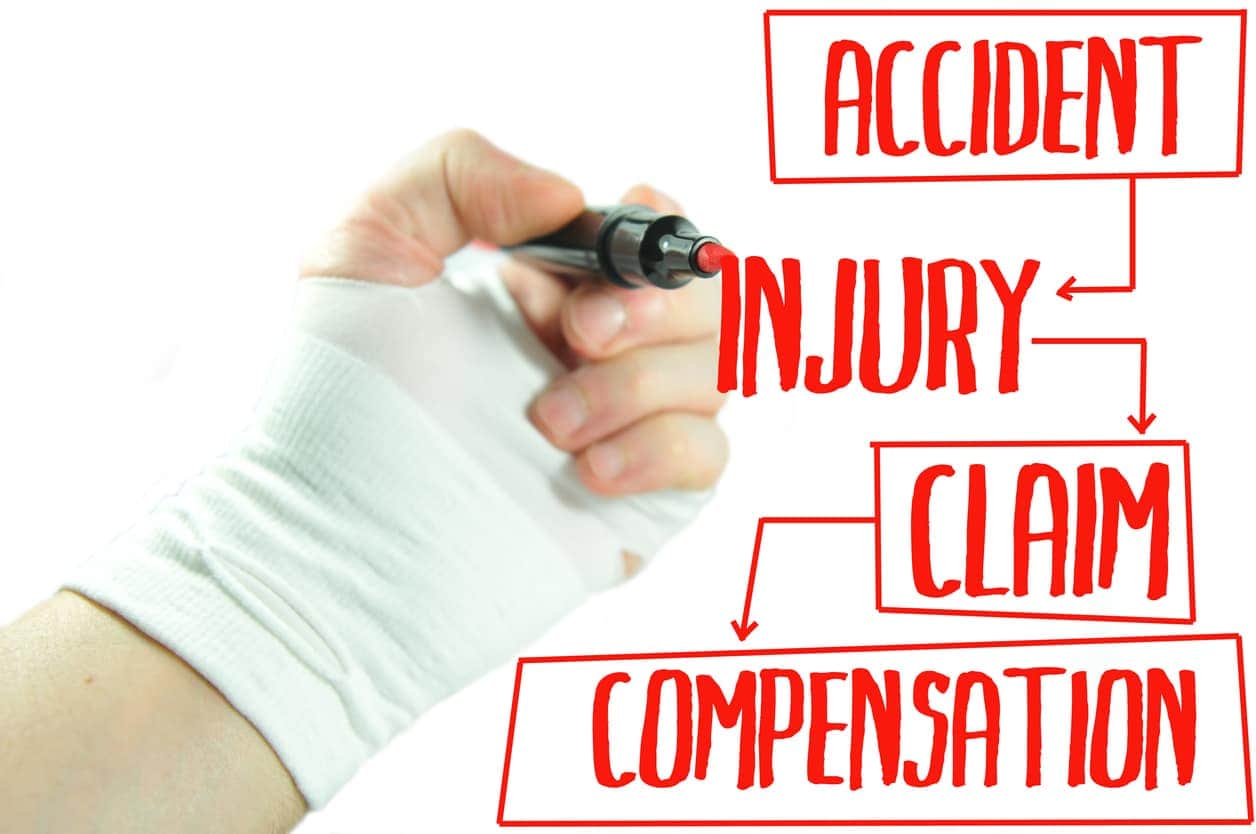Divorce is a challenging and often emotional process, and in Virginia, couples have two primary options for resolving their disputes: mediation and litigation. Choosing the right approach is crucial, as it can significantly impact the cost, duration, and emotional toll of the divorce.
Understanding the key differences between mediation and litigation can help individuals make an informed decision that best suits their situation.
Divorce Mediation
Mediation is a voluntary process in which a neutral third party, known as a mediator, facilitates discussions between divorcing spouses to help them reach a mutually acceptable agreement. Unlike litigation, where a judge makes the final decisions, mediation allows couples to maintain control over the outcome. The process encourages open communication and cooperation, making it a favorable choice for many couples looking to part ways amicably.
Benefits of Mediation
- Cost-Effectiveness: One of the main advantages of mediation is its affordability. Compared to litigation, mediation eliminates many legal fees and court expenses, making it a more cost-effective option.
- Faster Resolution: Mediation tends to be a quicker process, allowing couples to resolve their issues on their own timeline rather than waiting for scheduled court dates.
- Confidentiality: Discussions remain private, unlike court proceedings, which become part of the public record. This privacy can be especially beneficial for individuals who prefer to keep their matters confidential.
- Reduced Conflict: Mediation fosters a less adversarial environment, which can be especially helpful for maintaining a positive co-parenting relationship after divorce.
When Mediation May Not Be Ideal
Despite its advantages, mediation is not suitable for all situations. If there is a significant power imbalance, history of domestic violence, or one party refuses to negotiate in good faith, mediation may not be the best option.
In cases where legal enforcement is necessary or when complex financial assets are involved, court intervention may be required to ensure fairness and compliance.
Divorce Litigation
Litigation is the traditional legal process in which divorcing spouses hire attorneys to represent them in court. A judge ultimately makes decisions regarding asset division, child custody, and support arrangements. This process is structured and follows legal procedures, ensuring that all aspects of the divorce are addressed according to the law.
Benefits of Litigation
Necessary for High-Conflict Cases: Litigation is often necessary in high-conflict divorces where spouses cannot reach an agreement independently.
Legal Protection: It provides a structured legal framework that ensures fairness, particularly in cases involving complex financial matters or contested child custody.
Enforceable Agreements: Court orders issued through litigation are legally binding, ensuring compliance from both parties.
Drawbacks of Litigation
However, litigation comes with significant downsides. It is typically more expensive than mediation due to attorney fees, court costs, and expert witness expenses. The process can also be lengthy, sometimes taking months or even years to reach a resolution.
The adversarial nature of litigation can increase emotional stress, as it often involves intense legal battles and limited direct communication between spouses. Furthermore, litigation proceedings are public, meaning personal matters become part of the court record.
Mediation vs. Litigation: Key Differences
When comparing mediation and litigation, several key differences stand out.
- Cost: Mediation is generally less expensive than litigation.
- Time: Mediation typically results in a quicker resolution compared to the lengthy court process.
- Control: Mediation allows couples to make their own decisions, while litigation places control in the hands of a judge.
- Conflict Level: Mediation fosters cooperation, whereas litigation is often adversarial.
- Privacy: Mediation remains confidential, whereas litigation is a public process.
How to Prepare for Mediation or Litigation
Before beginning either mediation or litigation, it is essential to understand what to expect from the process. Educating yourself on both options and assessing their pros and cons can help you make an informed decision.
Consider your goals for asset division, child custody, and financial arrangements. Consulting with an attorney can also provide insight into which approach best suits your situation.
Gathering Essential Documents
Preparation is key to a smooth divorce process. Organizing important documents such as financial records, income statements, bank statements, tax returns, and debt records will be helpful. Property documentation, including homeownership records, vehicle titles, and retirement accounts, should also be compiled.
If children are involved, custody-related materials like parenting schedules and any concerns regarding their well-being should be documented. Additionally, having a clear outline of shared expenses and financial responsibilities can streamline negotiations.
Finding the Best Divorce Solution for You
Ultimately, the choice between mediation and litigation should align with the specific needs of the individuals involved. Mediation can offer a more cost-effective, private, and collaborative approach, while litigation may be necessary for complex or high-conflict cases. By understanding the differences and weighing the pros and cons, divorcing couples in Virginia can select the process that best supports their future well-being.
At Renfro & Renfro, we understand that every divorce is unique. Our experienced legal team is here to provide guidance and representation, whether you choose mediation or litigation. If you need help navigating your divorce, contact us today to discuss your options and determine the best path forward.






